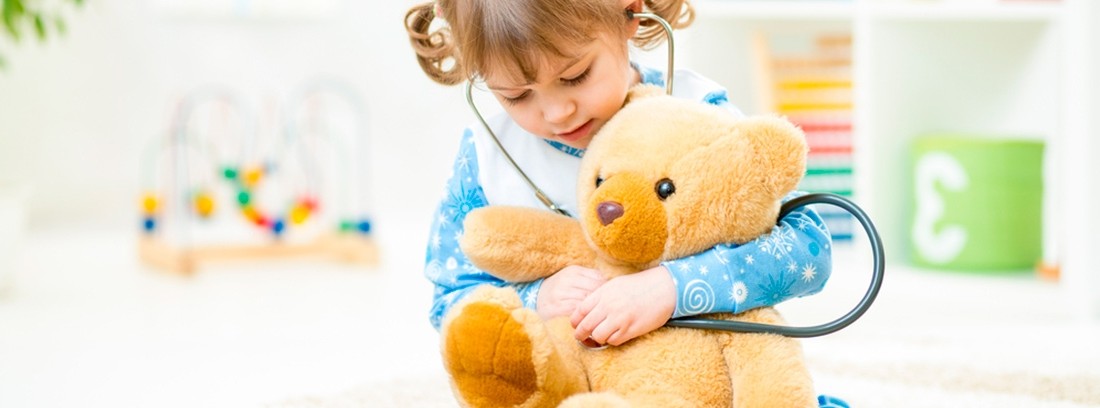Emotional development from 3 to 6 months
 | When do babies begin to take an interest in the world around them?
| When do babies begin to take an interest in the world around them?
He shows more and more interest in everything around him. There are no longer only their parents and there is a whole world to discover. His expressiveness also denotes that he is maturing by leaps and bounds and is capable of expressing his joy, concern, surprise and fear. It is highly recommended that we imitate these manifestations of feelings and name them: "How happy you are!"
Time to establish routines
During this stage, the acquisition of routines is very important, the baby likes to anticipate what will happen and it gives him a lot of security to know what he plays at all times:, walk, bath,.
It is also interesting that the child is learning the difference between day and night. During the day there is light, noise, songs and movement; On the other hand, at night, everything is calmer; if you wake up to eat there is dim lighting, no games or upbeat songs.
The communication
As in all stages of development, the affective part and communication with the child are very important. Now the baby will demand more of your attention because his interaction with family members has grown. It is normal and healthy for your baby to take care of him when he demands your presence, it is also a way to show him that mom or dad are there when he needs them. Giving him attention can be done in many ways: talking to him, holding him, rocking him, looking at him and making a carousel or singing a song while the parents are doing another task.
- Expressiveness matures more and more, it can already show: joy, concern, surprise and fear.
- It is important to establish routines and to differentiate between day and night.
- The baby interacts more with the family and asks for more attention.
Dra. Esther Martínez GarcíaPediatric Specialist
(Updated at Apr 14 / 2024)